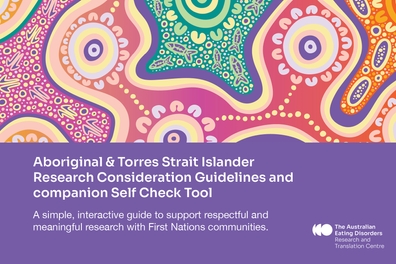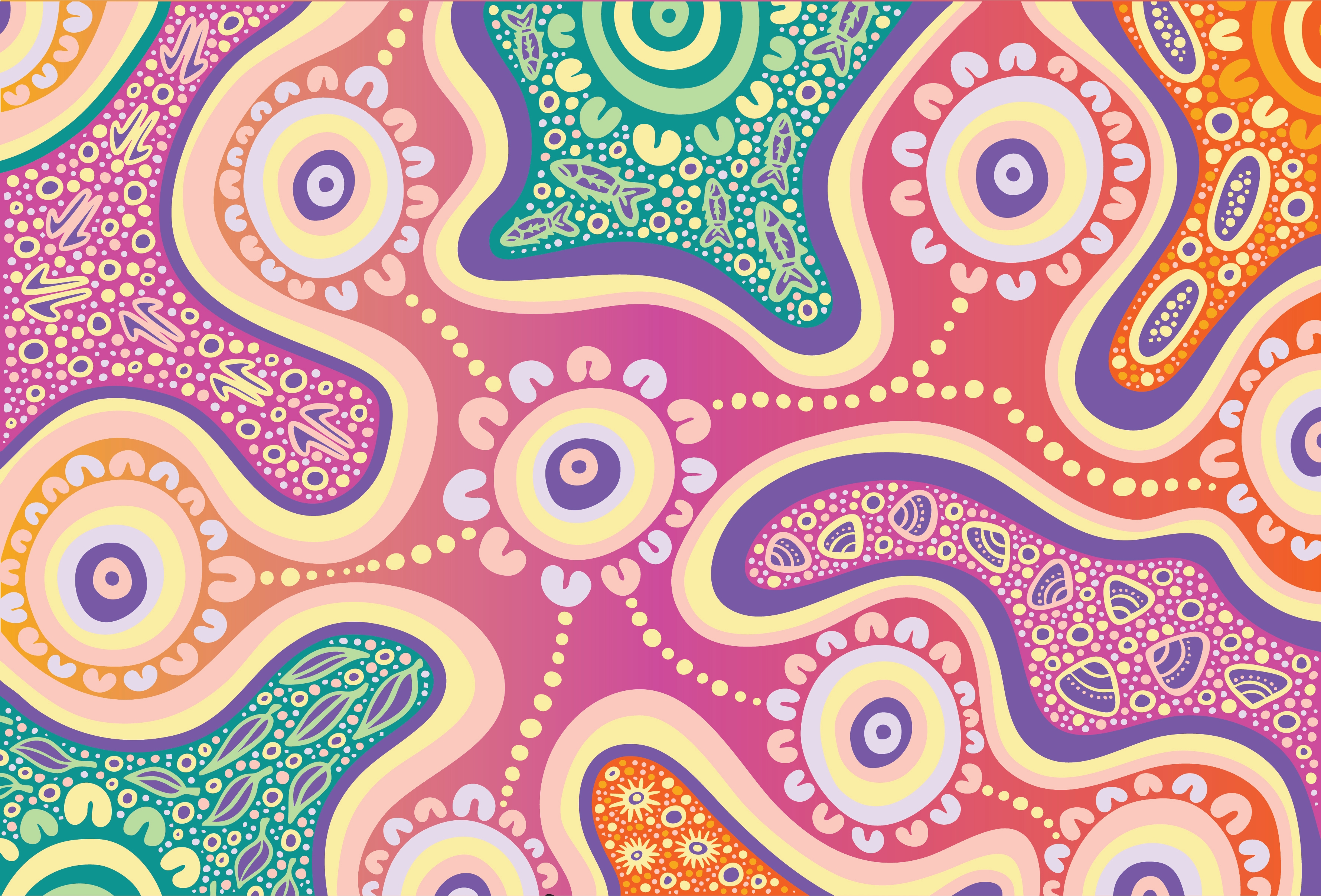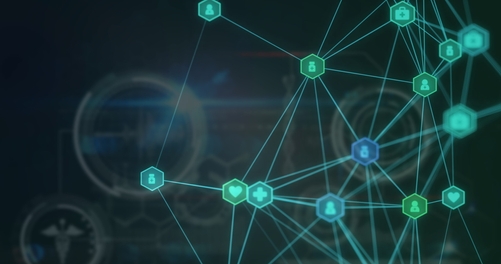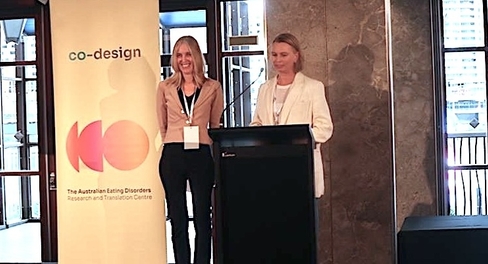
Watch the recording of the launch of the Aboriginal and Torres Strait Islander Researcher Self Check Tool and the announcement of a $2.8 million national First Nations-led research initiative.
09 October 2025
Uncle Allen Madden, Gadigal Elder of the Eora Nation, opened the event with a warm Welcome to Country, inviting everyone to walk together with respect and understanding.
The Self Check Tool is designed to support non-Indigenous researchers in reflecting on their practice and engaging with Aboriginal and Torres Strait Islander communities in culturally safe and meaningful ways.
“This is something that has been many years in the making, it is a journey of collective wisdom, expertise, drive and advocacy,” said Quandamooka woman Leilani Darwin, AEDRTC First Nations Lead. “We need others to support and walk alongside us as we go on this journey.”
The tool includes user-friendly resources and reflective statements to help researchers strengthen cultural responsiveness across all stages of their work.
Associate Professor Carmen Parter described the tool as “a demonstration of what it is to be part of a movement around allyship and being accomplices in the work we need to do for our communities.
“It’s so important to learn to listen, to learn to hear, to learn.”
At the launch, Assistant Minister for Mental Health and Suicide Prevention, Emma McBride also announced a $2.8 million Commonwealth investment to support the first ever dedicated national research into eating disorders and disordered eating in Aboriginal and Torres Strait Islander communities.
The research will be First Nations-led, with governance and decision-making embedded at every level. It will work with four communities nationally, including urban, regional, remote, and very remote, to build culturally safe definitions of eating disorders, explore unique factors such as food trauma, colonisation, and chronic disease, and develop frameworks to guide care and policy.
“We [First Nations people] are only 3% of the population. We can’t do it without them, and they can’t do it without taking us with them on their journey,” said Associate Professor Uncle Boe Rambaldini.
“If we all work together, we can find the same answers.”
Professor Tom Calma AO emphasised the importance of this foundational project: “This is going to be a seminal piece of work that will reorient thinking around eating disorders and disordered eating amongst our people.”
“The tool is about empowering Aboriginal and Torres Strait Islander people to be the centre of the research andbeing part of the research and its findings,” said Prof Calma.
Closing the event, AEDRTC Chief Operating Officer Peta Marks emphasised all national health and mental health research centres, networks and researchers in Australia should be playing a part in driving positive change for Aboriginal and Torres Strait Islander health and wellbeing.
“Culturally informed, community-led research will ensure knowledge is generated with people and communities, not just about people.”
Together, the Self Check Tool and the national research funding mark a transformative step forward in health research. By placing culture, respect, and Aboriginal and Torres Strait Islander knowledge systems at the centre, this work will help shape more inclusive and effective responses to eating disorders across the nation.
Watch the recording of the launch of the Aboriginal and Torres Strait Islander Researcher Self Check Tool and the announcement of a $2.8 million national First Nations-led research initiative.
Recent developments in personalised treatment that take a flexible, holistic approach which considers a person’s biology, mental health and life circumstances, have the potential to revolutionise care for people with eating disorders and acknowledge the complex nature of these debilitating illnesses.
The importance of co production, collaboration and inclusion was central to the discussions, presentations and connections that made for a lively and inspired two days at Think Tank 2025 where eating disorders specialists came together to advance science and understanding.
Watch the recording of the launch of the Aboriginal and Torres Strait Islander Researcher Self Check Tool and the announcement of a $2.8 million national First Nations-led research initiative.
Recent developments in personalised treatment that take a flexible, holistic approach which considers a person’s biology, mental health and life circumstances, have the potential to revolutionise care for people with eating disorders and acknowledge the complex nature of these debilitating illnesses.


